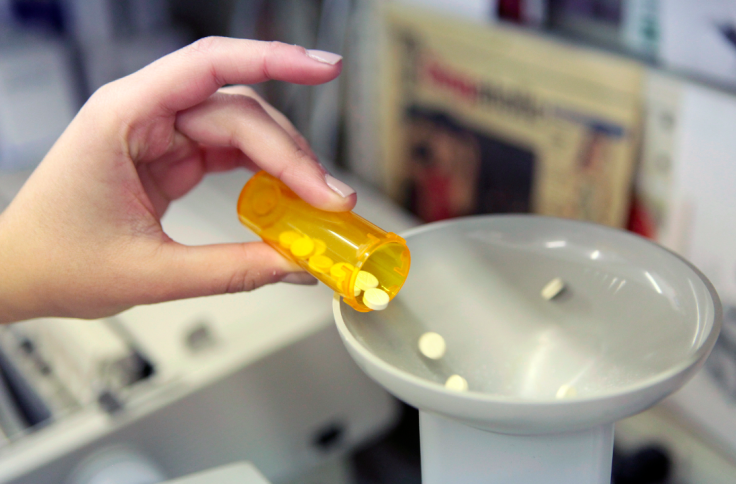Extended Use Of Painkillers Could Harm Unborn Boys: Researchers

Recent research has revealed that consumption of common pain relievers such as acetaminophen could affect the testicular tissue of unborn baby boys. This, in turn, can affect the production of testosterone.
The research further revealed that there is no significant impact on the baby if the expecting mother consumes an analgesic only for one day. However, regular consumption spanning across several days could prove harmful to the reproductive health of the baby boy.
"This study adds to existing evidence that prolonged use of acetaminophen in pregnancy may increase the risk of reproductive disorders in male babies," said lead researcher Dr. Rod Mitchell of the University of Edinburgh, in Scotland.
According to the study authors, the risks of low testosterone include the occurrence of common male reproductive disorders at the time of the birth. These disorders could include undescended testis or hypospadias, a condition where the urethral outlet of the male child is malformed and not placed correctly at the end of the male sexual organ. The authors further cleared that the disorders could also appear in the teenage years or young adulthood, wherein the male has a tendency to suffer from low sperm count or testicular germ cell cancer.
The study team conducted its research on mice who were grafted with human testicular tissue. The mice were given three doses of paracetamol each day, for over a period of either 24 hours or seven days. There was no significant impact on the testosterone production in mice who were administered the drug for 24 hours. However, the testosterone production in the other group was lowered by 45 percent.
The researchers have recommended that pregnant women stick to the current U.K. National Health Service guideline of restricting the consumption of paracetamol to the minimum effective dose and for the shortest possible duration of time.
© Copyright IBTimes 2025. All rights reserved.




















